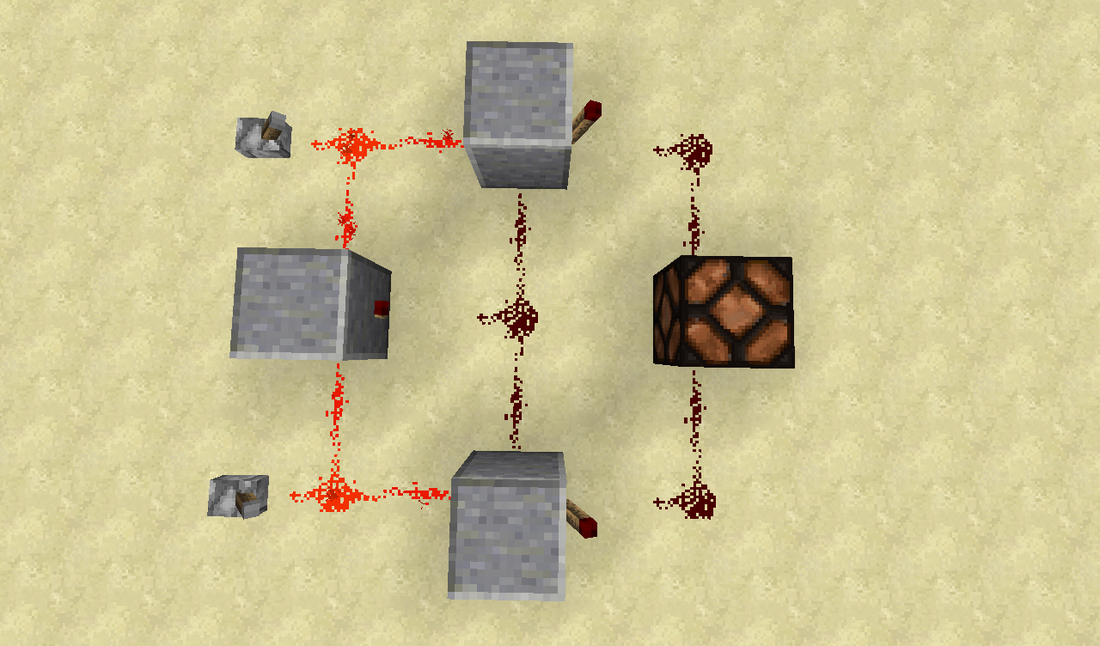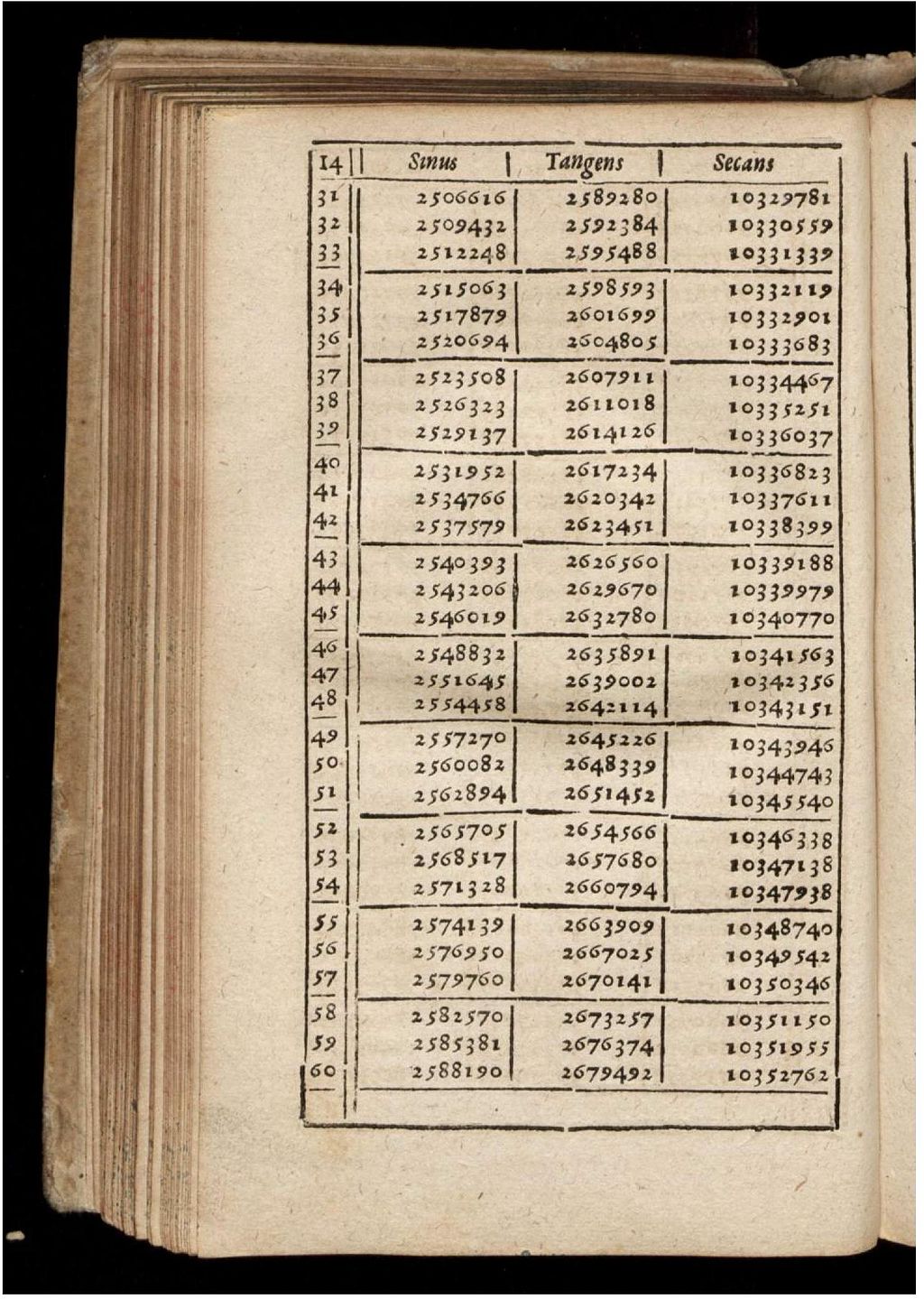Function: Difference between revisions
No edit summary |
No edit summary |
||
| Line 46: | Line 46: | ||
In standard mathematics, a function always converts elements of a set <math>X</math> into elements of a set <math>Y</math>. The sets could be [[Sets#Infinite sets|infinite]], so the function doesn't have to describe a real process. In fact, though standard mathematicians usually think about functions ''as if'' they were processes, standard mathematics technically doesn't define functions as processes at all. Rather, it defines a function from <math>X</math> to <math>Y</math> as a subset of <math>X \times Y</math> satisfying certain conditions.<ref group="Notes ">Namely, for each <math>x \in X</math>, the subset of <math>X \times Y</math> must contain one and only one tuple whose first argument is <math>x</math>.</ref> | In standard mathematics, a function always converts elements of a set <math>X</math> into elements of a set <math>Y</math>. The sets could be [[Sets#Infinite sets|infinite]], so the function doesn't have to describe a real process. In fact, though standard mathematicians usually think about functions ''as if'' they were processes, standard mathematics technically doesn't define functions as processes at all. Rather, it defines a function from <math>X</math> to <math>Y</math> as a subset of <math>X \times Y</math> satisfying certain conditions.<ref group="Notes ">Namely, for each <math>x \in X</math>, the subset of <math>X \times Y</math> must contain one and only one tuple whose first argument is <math>x</math>.</ref> | ||
A function doesn't have to describe a real process, | A function doesn't have to describe a real process, bec | ||
== Notes == | == Notes == | ||
Revision as of 04:35, 20 January 2024
A function is a process that converts units of one mathematical notion into units of another.
The notation is shorthand for the following statement: and are some mathematical notions, is a function converting an into a .
Examples

Functions
The following table encodes a function:
| x | (0,0) | (1,0) | (0,1) | (1,1) |
| f(x) | 0 | 1 | 1 | 0 |
That table describes the input and output of an XOR gate. A XOR gate (another example of something that performs a function) can be seen in figure (1). The following lines of C++ code perform a function:

string reverseString(const string &s) {
string returnStr = "";
for (int i = s.size() - 1; i >= 0; --i) {
returnStr.append(s[i]);
}
return returnStr;
}
A sequence is a function.
A table describing several trigonometric functions is shown in figure (2).
A graph can describe a function: it provides instructions for producing outputs from inputs.
The method that an elementary schooler learns for carrying out long division is a function.
Non-functions
A coffee machine is not a function. It carries out a process; it takes some inputs (energy, water, coffee grounds, paper filter) and converts them into coffee. But the inputs and outputs are not mathematical notions.
The traditional concept
In standard mathematics, a function always converts elements of a set into elements of a set . The sets could be infinite, so the function doesn't have to describe a real process. In fact, though standard mathematicians usually think about functions as if they were processes, standard mathematics technically doesn't define functions as processes at all. Rather, it defines a function from to as a subset of satisfying certain conditions.[Notes 1]
A function doesn't have to describe a real process, bec
Notes
Cite error: <ref> tags exist for a group named "Notes", but no corresponding <references group="Notes"/> tag was found






